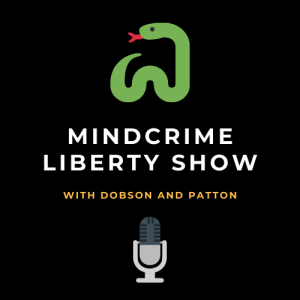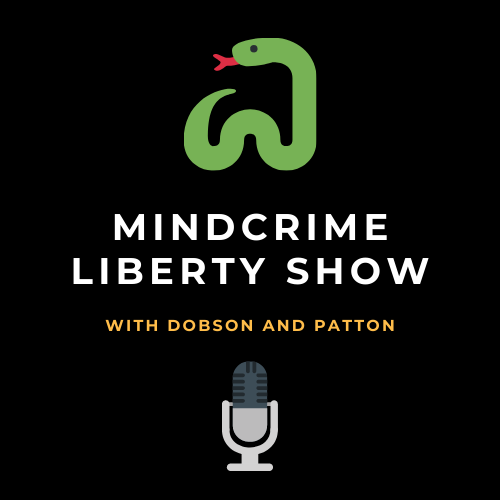
Episodes

Tuesday Nov 24, 2020
Tuesday Nov 24, 2020
The Mindcrime Liberty show discusses how Socrates/Plato’s concept in the Meno dialogue, as well as book one of The Republic, have wide ranging effects on ethics, theology, and what exactly is the good life. If you take the formalistic approach of ethics adopted by Plato it appears that no one really does evil and we discuss the implications small and large. Isn’t this the view that shows up in Misesian style economics where the choice you act upon by definition is the choice you thought was the best use of one’s time? The actions can vary from small things such as the small time thief to the murderer, or someone who wants to sit in bed all day smoking weed (or homeless on the street) and merely take advantage of charity or welfare from some benefactor. The actions can get comparatively larger such as going on a shooting rampage in a church or school, creating a party to hijack a state to kill certain ethnic groups, bomb Dresden, bomb Pearl Harbor, bomb Hiroshima, bomb the Federal Building or fly planes into the World Trade Center. In any of these cases do the various “theys” do these actions out of benevolence and for good in this formalistic way? Does malice as defined by Thomas Aquinas or evil as its colloquially known exist? Are any of the “bad men” in history truly evil or are they just making mistakes and have differing views about what the good life is and how to achieve it?

No comments yet. Be the first to say something!